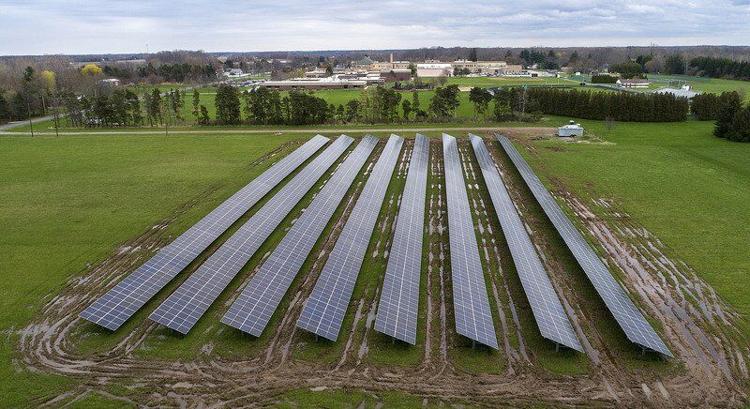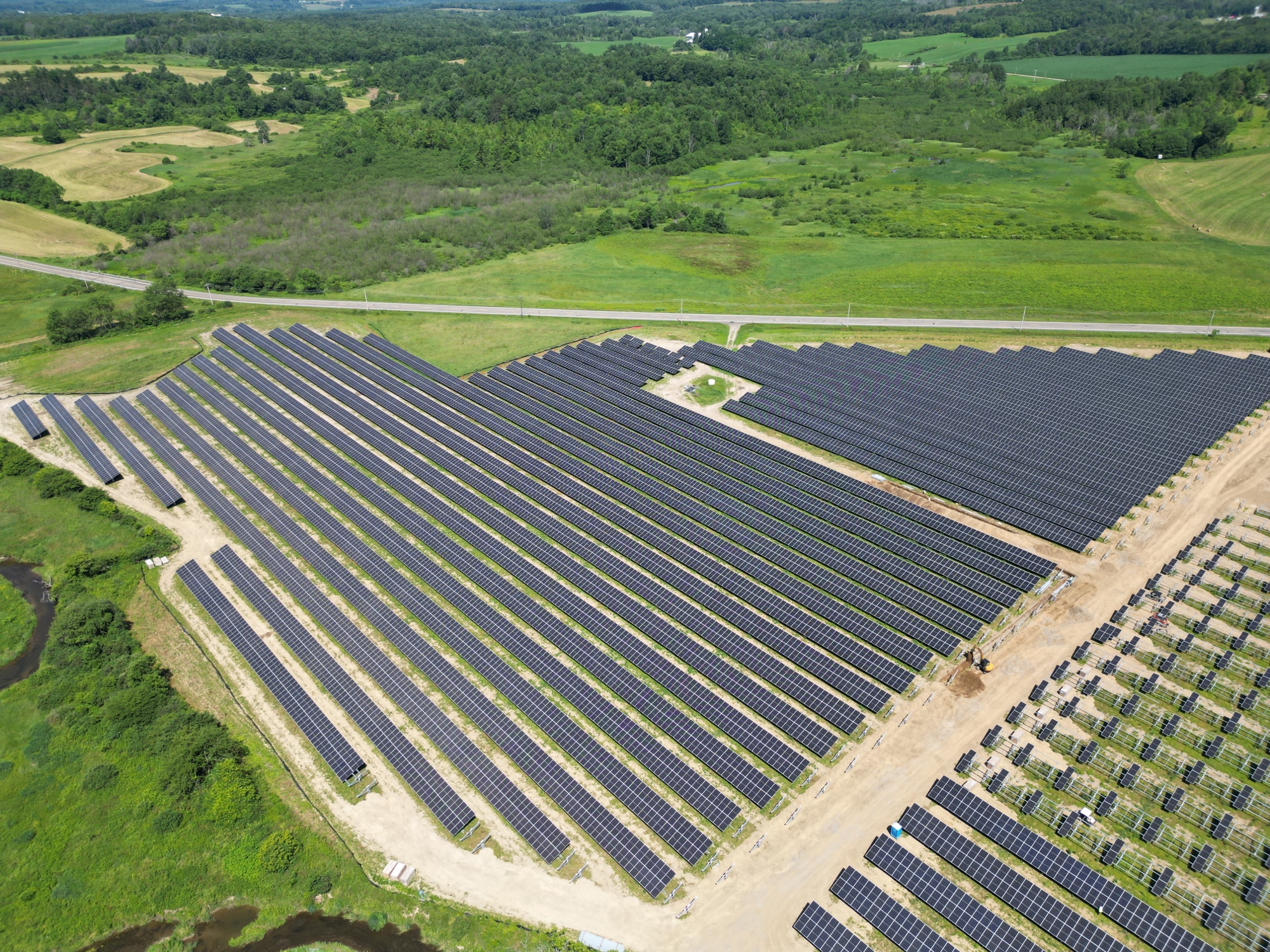Can Solar Panels Cause Health Problems?

Many people are concerned about the potential health risks associated with solar panels. While there is no evidence to suggest that solar panels pose a severe health risk, some people have reported feeling uncomfortable or uneasy around them due to electromagnetic radiation.
However, scientific studies have shown that the radiation levels emitted by solar panels are well within safe limits and do not pose any significant health risks. Solar panels can be beneficial for your overall health, as they help reduce air pollution and promote a cleaner environment.
So, if you’re worried about potential health risks associated with solar panels, don’t be — they’re a safe and effective way to generate clean energy and protect the environment.
Myths About Solar Panels
Solar panels are a popular renewable energy source that has become increasingly common in homes, businesses, and communities worldwide. Despite this growing popularity, there are many myths and misconceptions about solar panels that continue to circulate. Here are just a few of the most common myths about solar panels:
Radiation & Toxicity
One common myth about solar energy is that it causes harmful radiation and toxicity. However, this claim is unfounded and has been debunked by numerous scientific studies.
Solar energy systems may contain small amounts of toxic materials, but studies show that these materials do not endanger public health.
Research has shown that solar panels emit little radiation and do not pose a health risk to humans or animals. The radiation emitted by solar panels is so insignificant that it cannot be detected without specialized equipment. Furthermore, this level of radiation is well below what humans are naturally exposed to daily from sources like the sun, cellphones, and Wi-Fi routers.
Cancer
Another myth about solar panels is their connection to cancer. According to Cancer.net, “There is no evidence that solar panels are causing cancer,” says Noah Kittner, Ph.D., assistant professor in the environmental sciences and engineering department at the Gillings School of Global Public Health at the University of North Carolina.
Dr. Kittner explains that solar panels and solar farms benefit human health in several ways. For one thing, they offset other electricity-generating sources that can contribute to air pollution, which is linked to increased lung cancer rates. Additionally, they provide clean, renewable energy without any harmful by-products or emissions, making them a more sustainable solution than traditional energy sources like coal and natural gas.
When Solar Panels Die
Solar panels can be an incredibly useful and sustainable energy source, but they have a limited life span. After several years of use, they may need to be replaced or recycled.
Concerns about the safety of dead solar panels are understandable; however, by following proper recycling procedures, any risks are effectively minimized.
To ensure that your solar panels are safely recycled once they reach the end of their usefulness, you should follow the guidelines set forth by the EPA. This website provides detailed information on how to safely handle and dispose of your solar panels, including things you can do at home to prevent accidental exposure.
With proper knowledge and equipment, recycling your old solar panels is a safe, environmentally friendly process. Don’t let concerns about dead solar panels discourage you from using this sustainable and effective energy source! Instead, follow the EPA’s guidelines for stress-free recycling!
Additional Resources
Various resources are available to learn more about solar panels and their usage. Some useful links include:
- The U.S. Department of Energy’s website on how solar energy works
- The National Cancer Institute’s fact sheet on electromagnetic fields
- The EPA’s FAQ page on solar panels
Looking for sustainable energy solutions in New York? Look no further than Solar Liberty! Call us today at 866-807-3639 or contact us online.




